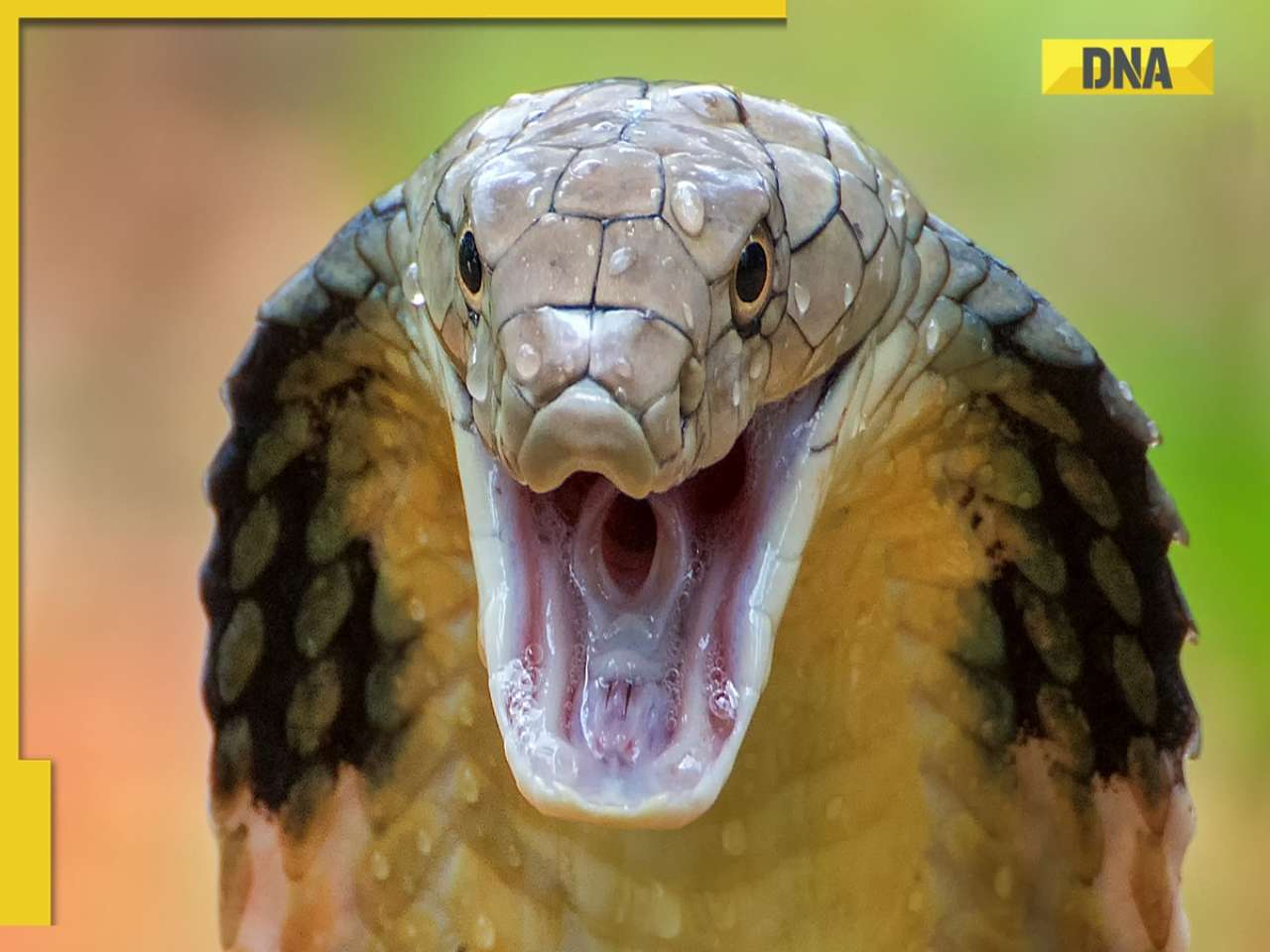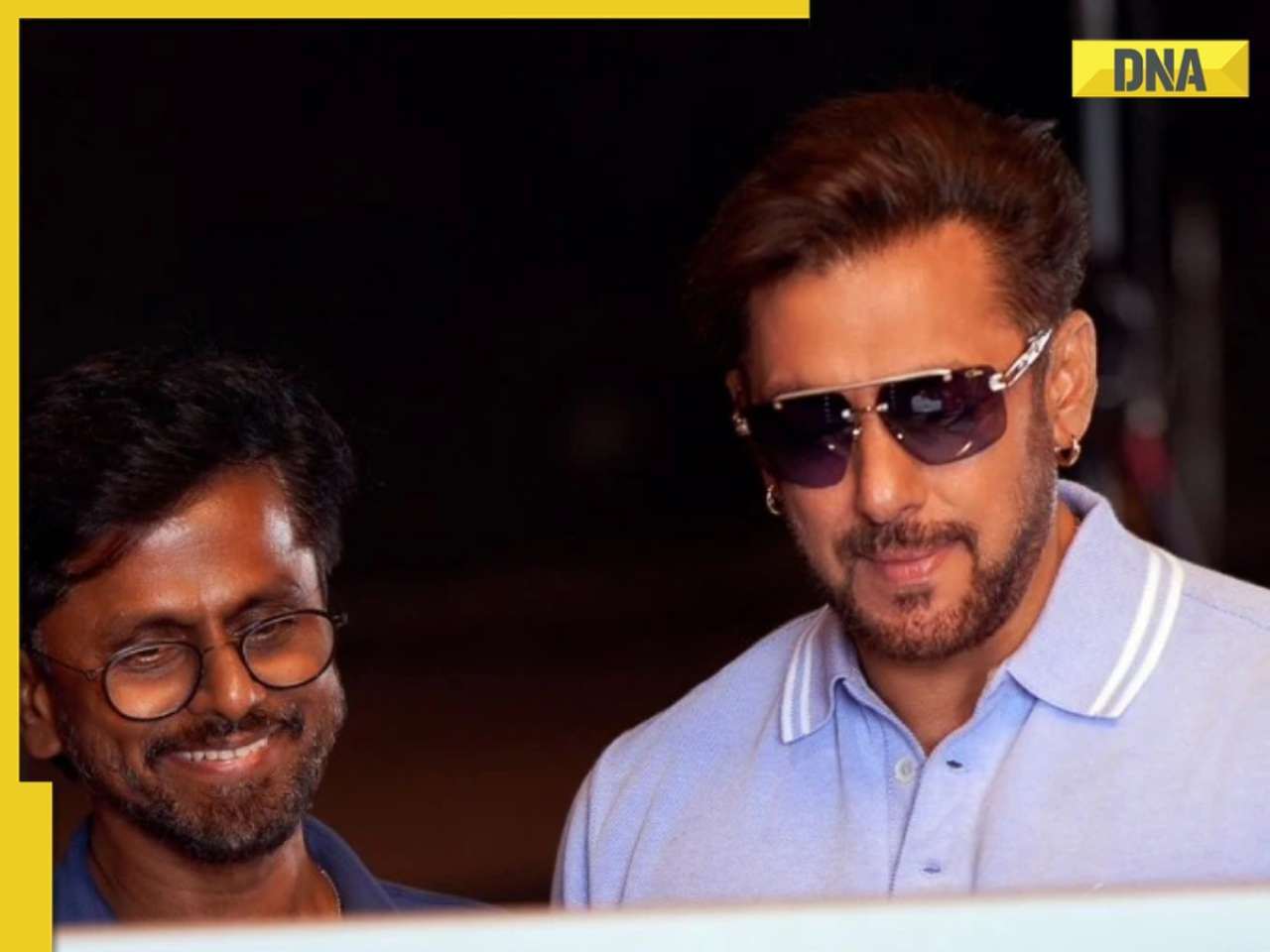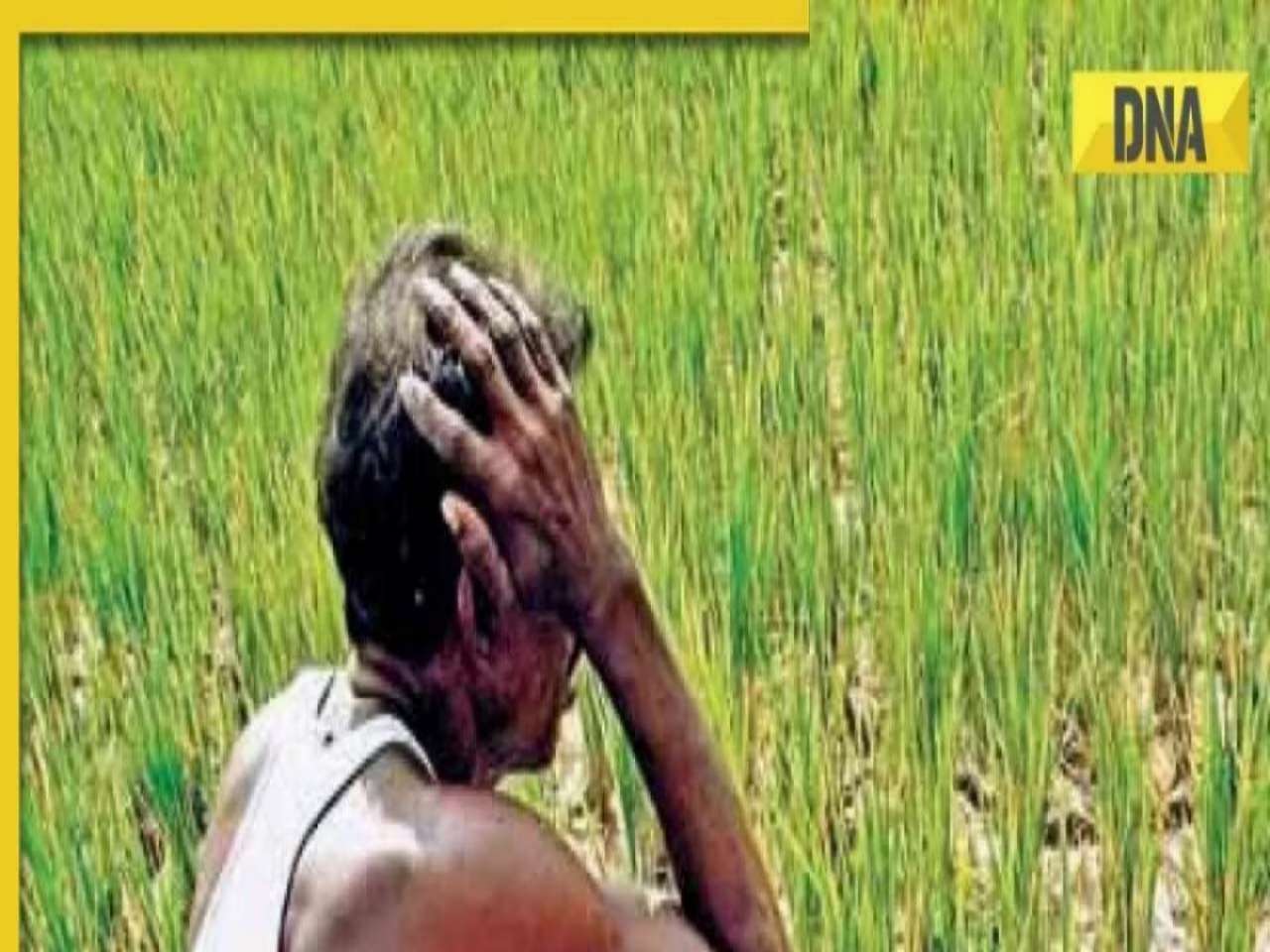Is the Revanth Reddy-led Congress government of Telangana considering a Muslim quota in education and jobs? Is religion-based reservation allowed in the Indian Constitution?
Muslims offering prayer near Char Minar in Hyderabad (File Image)
Is the Revanth Reddy-led Congress government of Telangana considering a Muslim quota in education and jobs? Is religion-based reservation allowed in the Indian Constitution? These questions are being asked after the BJP slammed the Congress, accusing it of indulging in the politics of appeasement by extending reservation to the Muslim community.
Congress mulling quota for 14 Muslim groups
The Congress government in this South Indian state is indeed mulling the idea of streamlining the quota benefits for 14 Muslim groups under the Backward Classes (BC) reservation regime. It will be based on the social, educational, and economic backwardness of the people and benefit more than three lakh Shia Muslim families. It is interesting to note that these 14 socially and economically backward Muslim groups had been given 4% reservation for government jobs and education under a separate category, BC (E), which restricts quota benefits for them. However, it has not been implemented due to the legal issues over allegations of a religion-based quota.
What did Telangana CM say?
Rejecting the allegation of giving reservations to Muslims, Revanth Reddy explained that the Telangana government provides reservations based on social and educational backwardness, not religion. He also reminded the saffron party that some BJP-ruled states have been extending BC reservations to Muslim communities for decades. Slamming BJP leaders G Kishan Reddy and Bandi Sanjay, the Telangana chief minister said, "Gujarat, Uttar Pradesh, and Maharashtra have been implementing these quotas for 40 to 50 years. If you want to remove them, start in those states." Challenging the saffron party, he added,
"First withdraw Muslim reservations in those states, then offer suggestions to Telangana."
Revanth Reddy takes on Telangana BJP
Revanth Reddy also said that the Muslim sub-castes have been part of the BC lists since 1979. While 38 of the 87 BC castes are Muslim sub-castes in Madhya Pradesh, in Uttar Pradesh, it is five, and in Gujarat, 28. According to the state government’s data on the caste survey, the BCs constitute 56.4% of the state population. People from the Scheduled Castes constitute 17.45% of the population, 10.8% are from Scheduled Tribes, and 10.9% are from Scheduled Tribes.
Find your daily dose of All
Latest News including
Sports News,
Entertainment News,
Lifestyle News, explainers & more. Stay updated, Stay informed-
Follow DNA on WhatsApp. Bank Holidays August 2025: From Rakhi, Independence Day, to Ganesh Chaturthi, check full list here
Bank Holidays August 2025: From Rakhi, Independence Day, to Ganesh Chaturthi, check full list here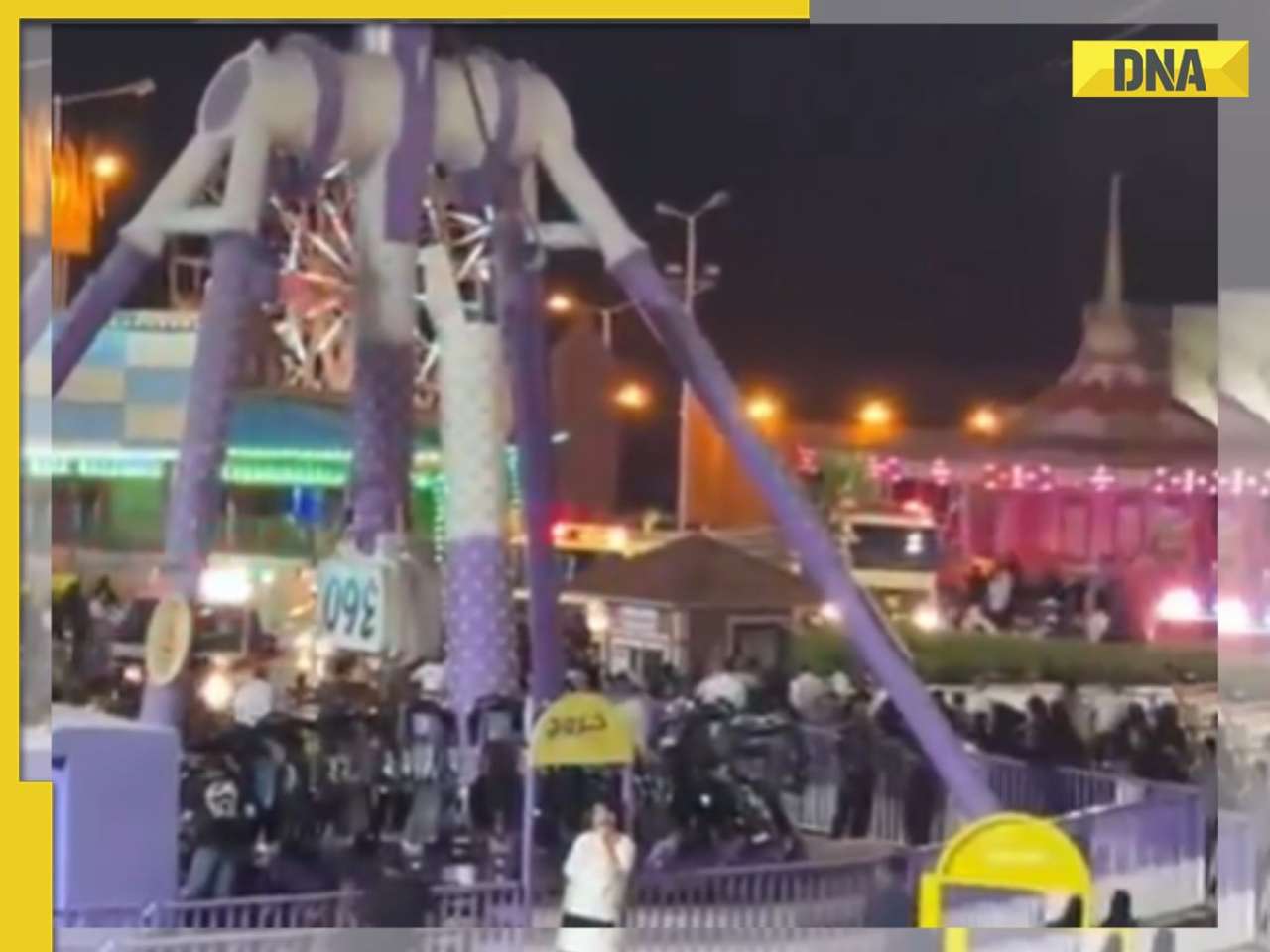 At least 23 escapes death after 360 pendulum ride breaks into half in Saudi Arabia, terrifying video goes viral, watch
At least 23 escapes death after 360 pendulum ride breaks into half in Saudi Arabia, terrifying video goes viral, watch First Australian-built rocket, ‘Eris,’ crashes 14 seconds of flight in a failed attempt to reach orbit, watch video
First Australian-built rocket, ‘Eris,’ crashes 14 seconds of flight in a failed attempt to reach orbit, watch video  LoP Rahul Gandhi agrees with Donald Trump calling Indian economy 'dead', says glad US president 'stated a fact'
LoP Rahul Gandhi agrees with Donald Trump calling Indian economy 'dead', says glad US president 'stated a fact'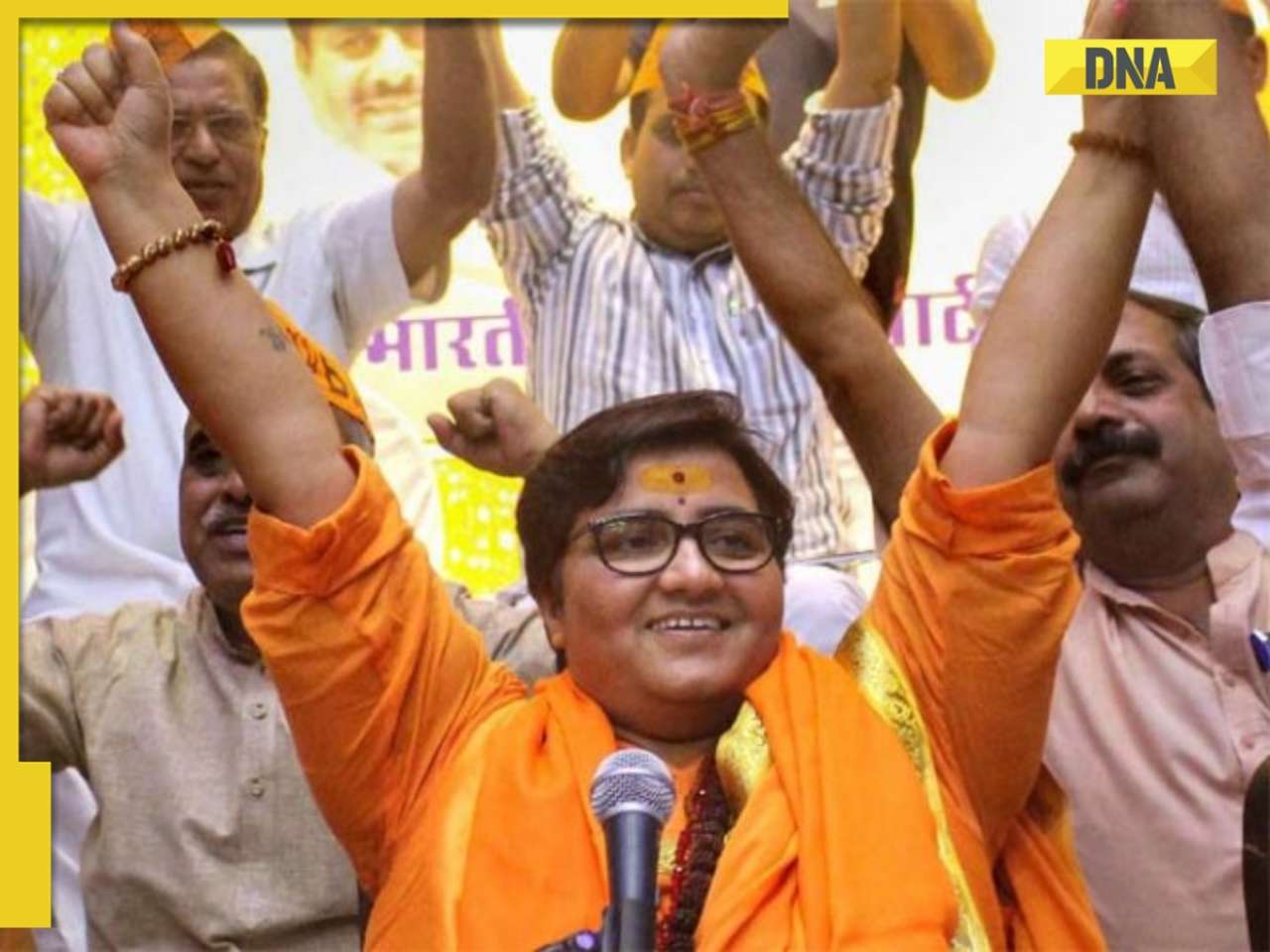 Who is Pragya Thakur? From ABVP, RSS to Malegaon blast accused to BJP MP, long journey of Hindutva icon
Who is Pragya Thakur? From ABVP, RSS to Malegaon blast accused to BJP MP, long journey of Hindutva icon Tata Harrier EV Review | Most Advanced Electric SUV from Tata?
Tata Harrier EV Review | Most Advanced Electric SUV from Tata?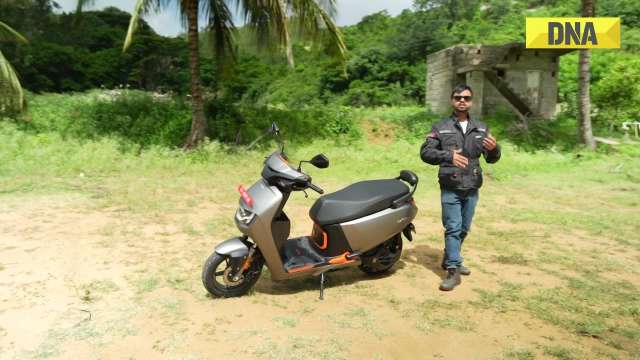 Vida VX2 Plus Electric Scooter Review: Range, Power & Real-World Ride Tested!
Vida VX2 Plus Electric Scooter Review: Range, Power & Real-World Ride Tested!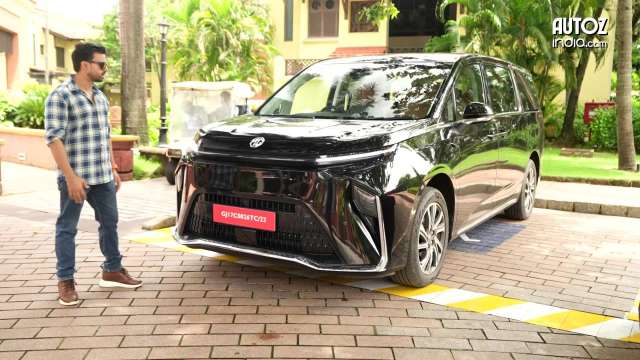 MG M9 Electric Review | Luxury EV with Jet-Style Rear Seats! Pros & Cons
MG M9 Electric Review | Luxury EV with Jet-Style Rear Seats! Pros & Cons Iphone Fold: Apple’s iPhone Fold Could Solve Samsung’s Biggest Foldable Problem | Samsung Z Fold 7
Iphone Fold: Apple’s iPhone Fold Could Solve Samsung’s Biggest Foldable Problem | Samsung Z Fold 7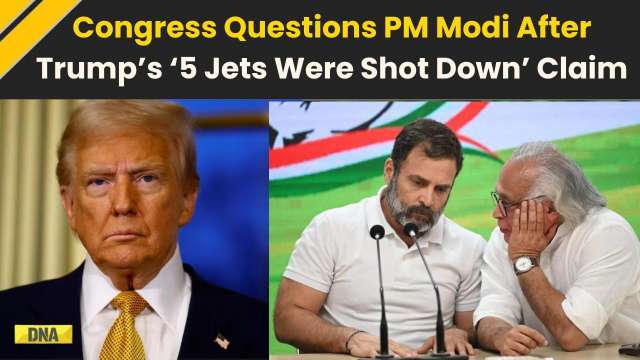 Trump News: Congress Seeks Answers On Trump's Alleged Mediation In Operation Sindoor
Trump News: Congress Seeks Answers On Trump's Alleged Mediation In Operation Sindoor Bank Holidays August 2025: From Rakhi, Independence Day, to Ganesh Chaturthi, check full list here
Bank Holidays August 2025: From Rakhi, Independence Day, to Ganesh Chaturthi, check full list here Another masterstroke by Mukesh Ambani as his company plans this big acquisition, could challenge Pepsi, Coca-Cola
Another masterstroke by Mukesh Ambani as his company plans this big acquisition, could challenge Pepsi, Coca-Cola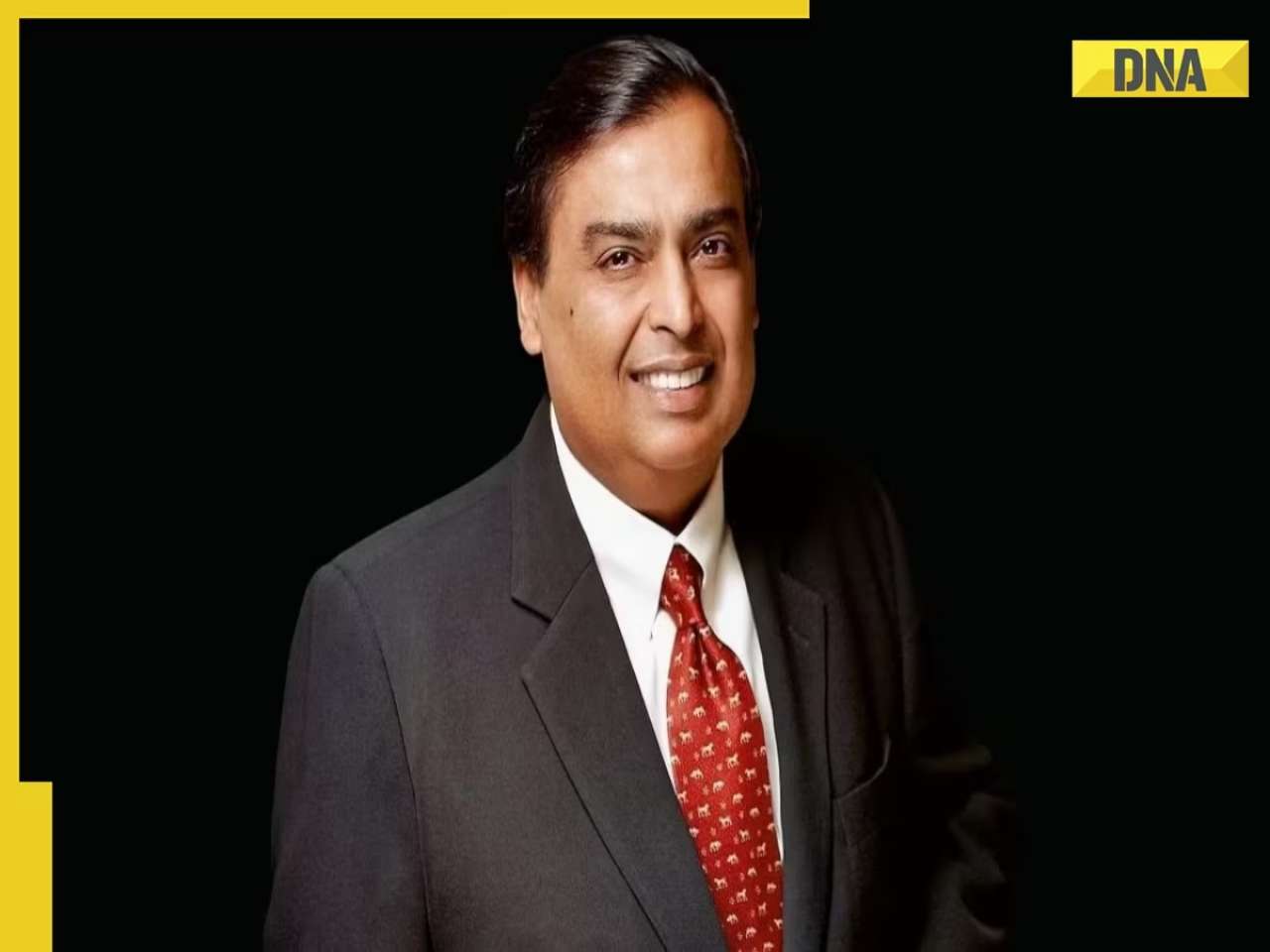 Mukesh Ambani's SUPERHIT Reliance Jio plans under Rs 300: Unlimited calls, 100 SMS, JioCloud, Jio TV and other benefits
Mukesh Ambani's SUPERHIT Reliance Jio plans under Rs 300: Unlimited calls, 100 SMS, JioCloud, Jio TV and other benefits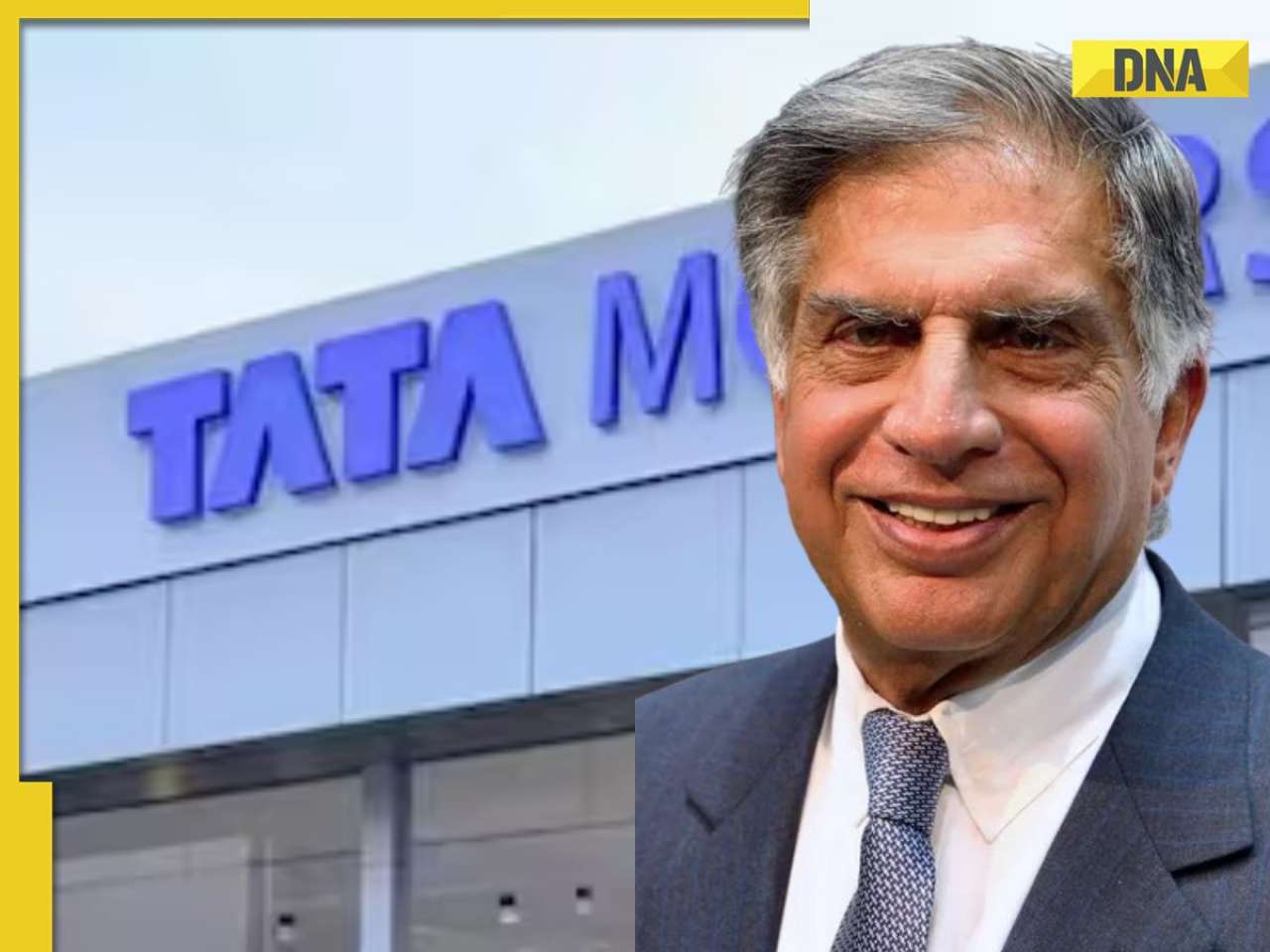 Ratan Tata's Tata Motors takes BIG step, set to acquire THIS company in Rs 382400000000 deal
Ratan Tata's Tata Motors takes BIG step, set to acquire THIS company in Rs 382400000000 deal Who is Mira Murati? Former OpenAI CTO who rejected Mark Zuckerberg-led Meta's whopping Rs 8,700 crore offer to join...
Who is Mira Murati? Former OpenAI CTO who rejected Mark Zuckerberg-led Meta's whopping Rs 8,700 crore offer to join... From Aneet Padda to Wamiqa Gabbi: Bollywood's rising female talents who are leaving a lasting impact on-screen
From Aneet Padda to Wamiqa Gabbi: Bollywood's rising female talents who are leaving a lasting impact on-screen Birthday Special: Kiara Advani’s upcoming power-packed lineup
Birthday Special: Kiara Advani’s upcoming power-packed lineup 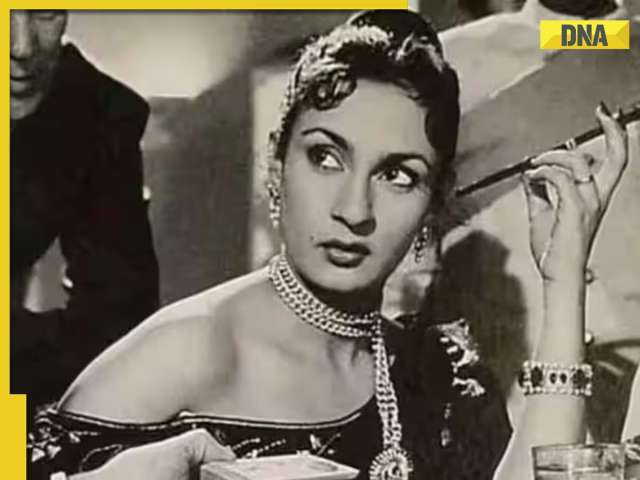 This Indian actress was first ever to own Rolls-Royce, played princess in India’s most expensive film of 50s, died due to…, her name is..
This Indian actress was first ever to own Rolls-Royce, played princess in India’s most expensive film of 50s, died due to…, her name is..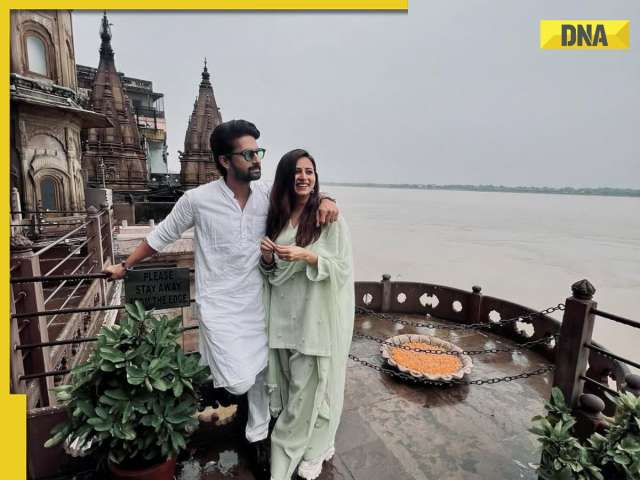 Ravi Dubey-Sargun Mehta begin shooting for their new project in Varanasi on Shravan Somwar; SEE PICS
Ravi Dubey-Sargun Mehta begin shooting for their new project in Varanasi on Shravan Somwar; SEE PICS Aneet Padda’s dreamy pastel pink saree from Saiyaara with Ahaan Panday is all over your mind? Get her look for just Rs...
Aneet Padda’s dreamy pastel pink saree from Saiyaara with Ahaan Panday is all over your mind? Get her look for just Rs... LoP Rahul Gandhi agrees with Donald Trump calling Indian economy 'dead', says glad US president 'stated a fact'
LoP Rahul Gandhi agrees with Donald Trump calling Indian economy 'dead', says glad US president 'stated a fact'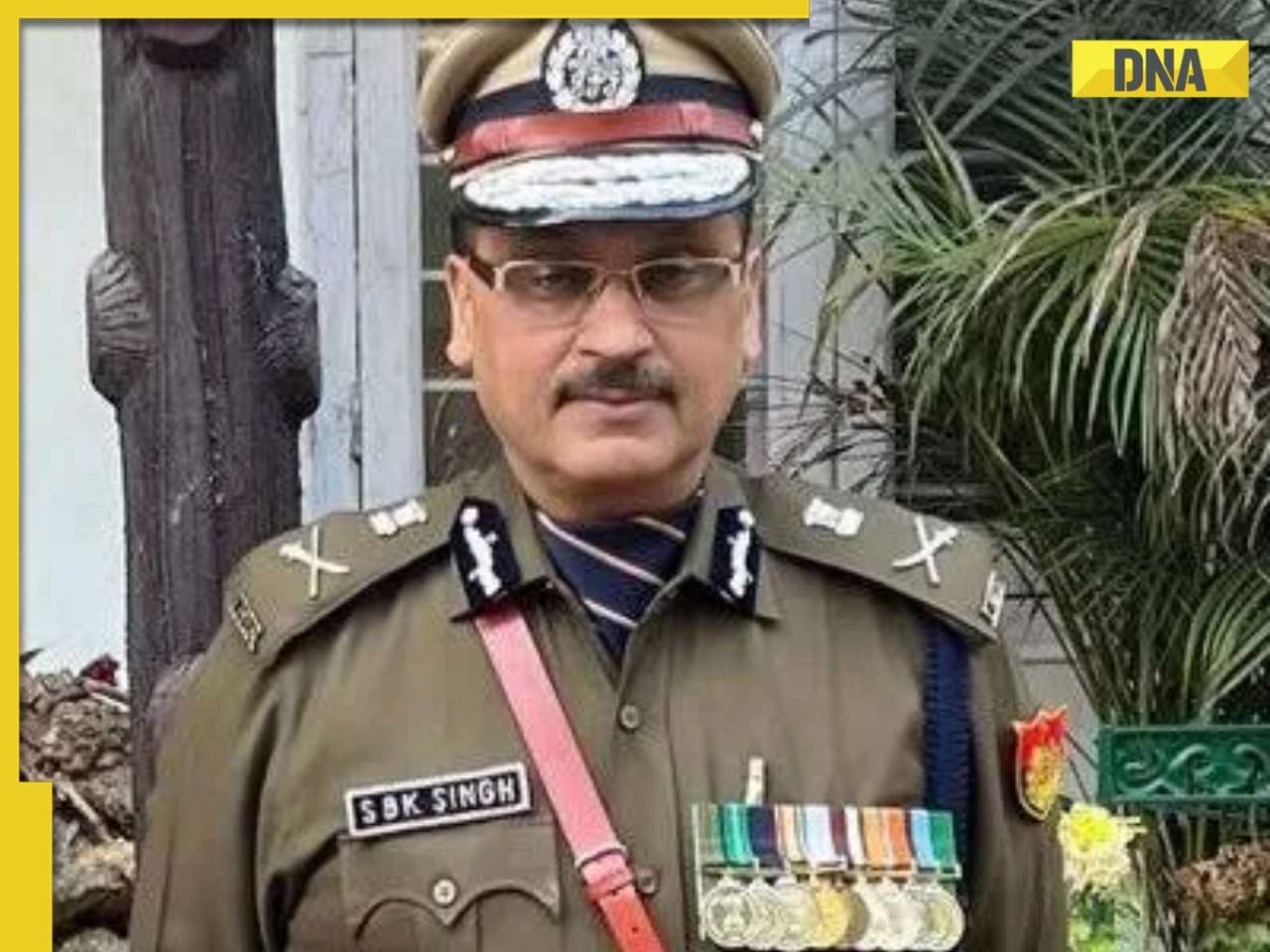 Meet IPS SBK Singh, appointed new Delhi Police Commissioner with additional charge after Sanjay Arora's retirement
Meet IPS SBK Singh, appointed new Delhi Police Commissioner with additional charge after Sanjay Arora's retirement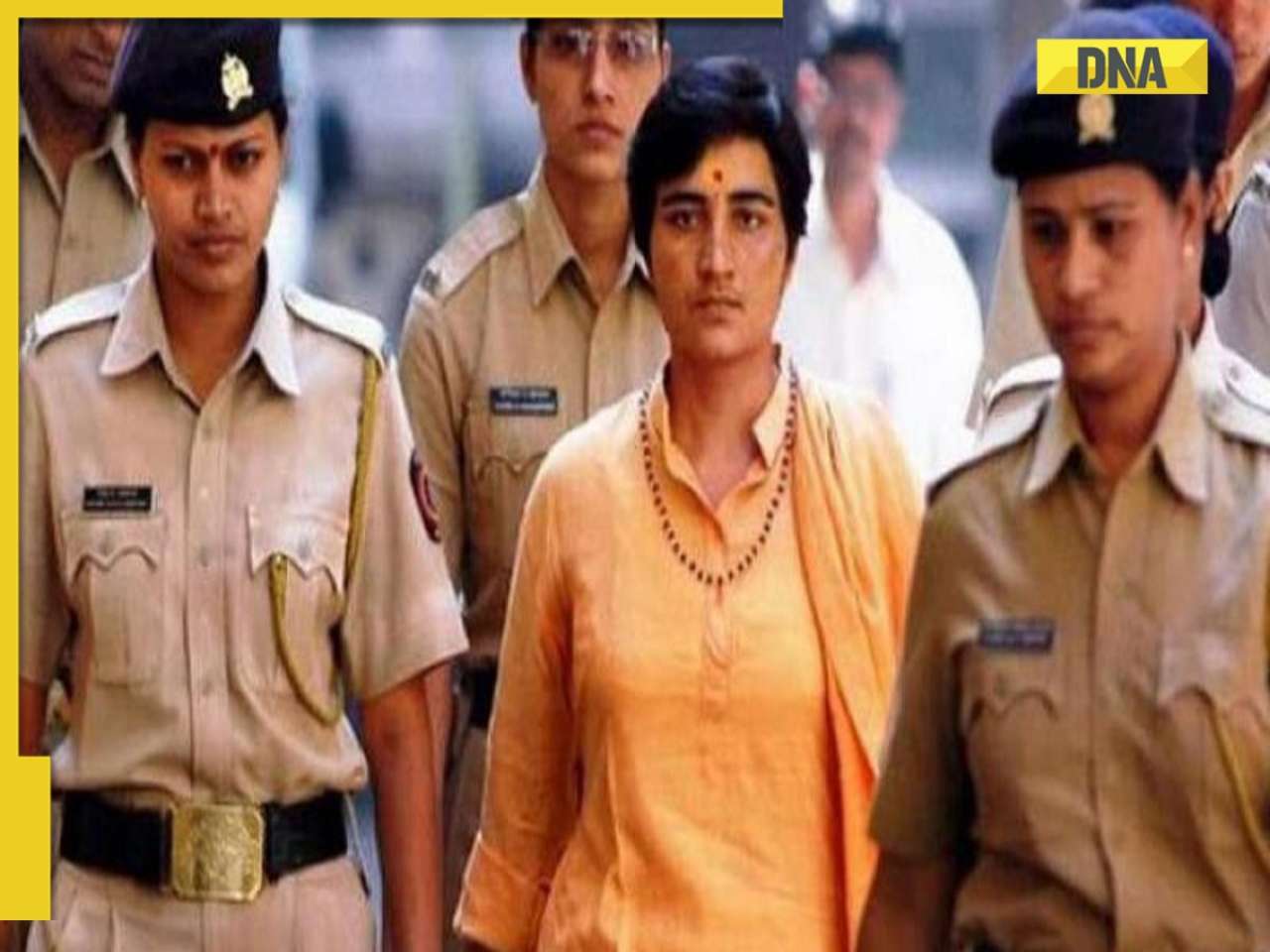 What happened at Malegaon 18 years ago that changed narrative on terrorism? Pragya Thakur and Lt Col Purohit were...
What happened at Malegaon 18 years ago that changed narrative on terrorism? Pragya Thakur and Lt Col Purohit were...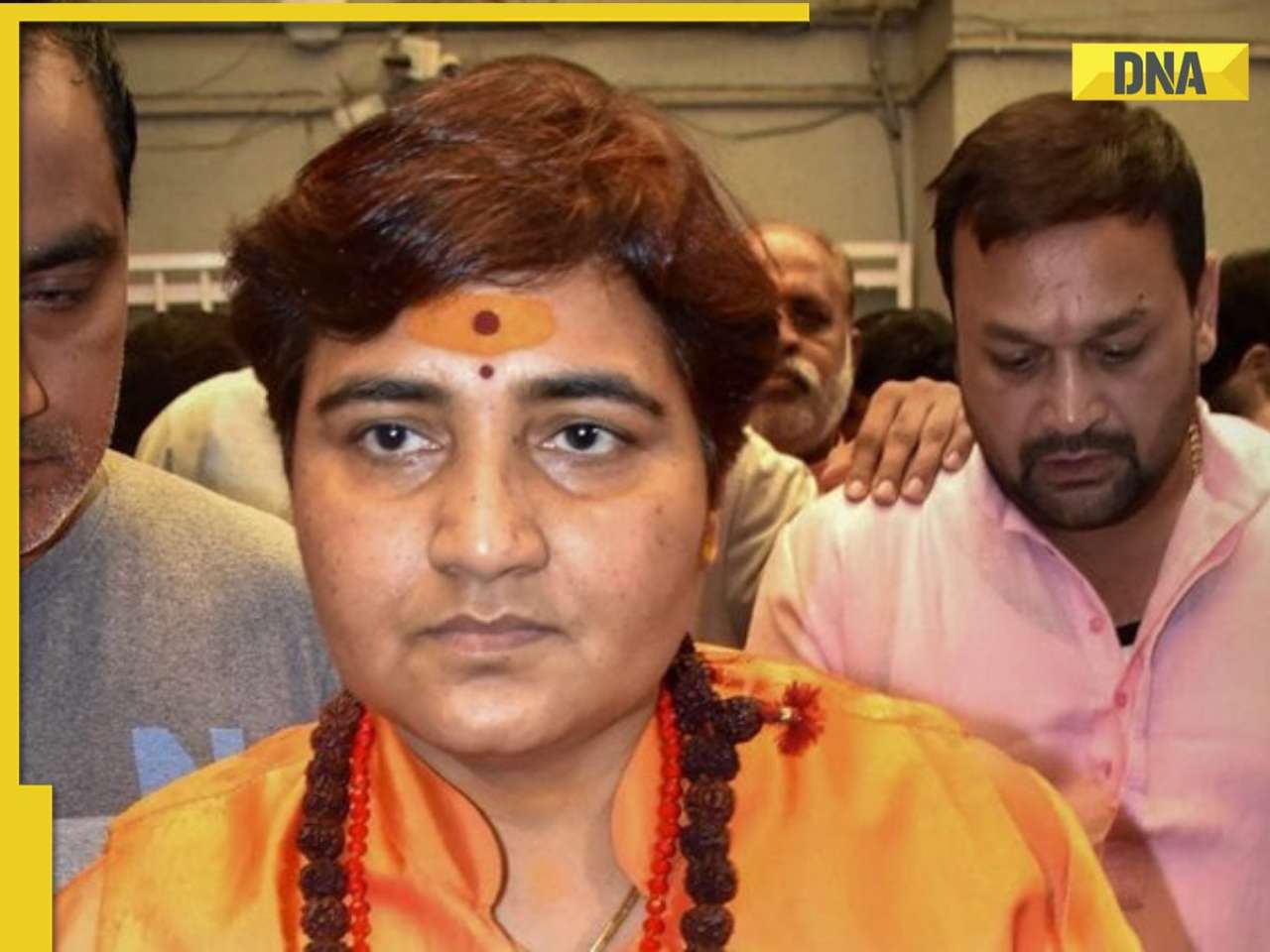 2008 Malegaon blast case verdict: Ex-BJP MP Pragya Thakur, Lt Col Prasad Purohit and 5 other accused acquitted
2008 Malegaon blast case verdict: Ex-BJP MP Pragya Thakur, Lt Col Prasad Purohit and 5 other accused acquitted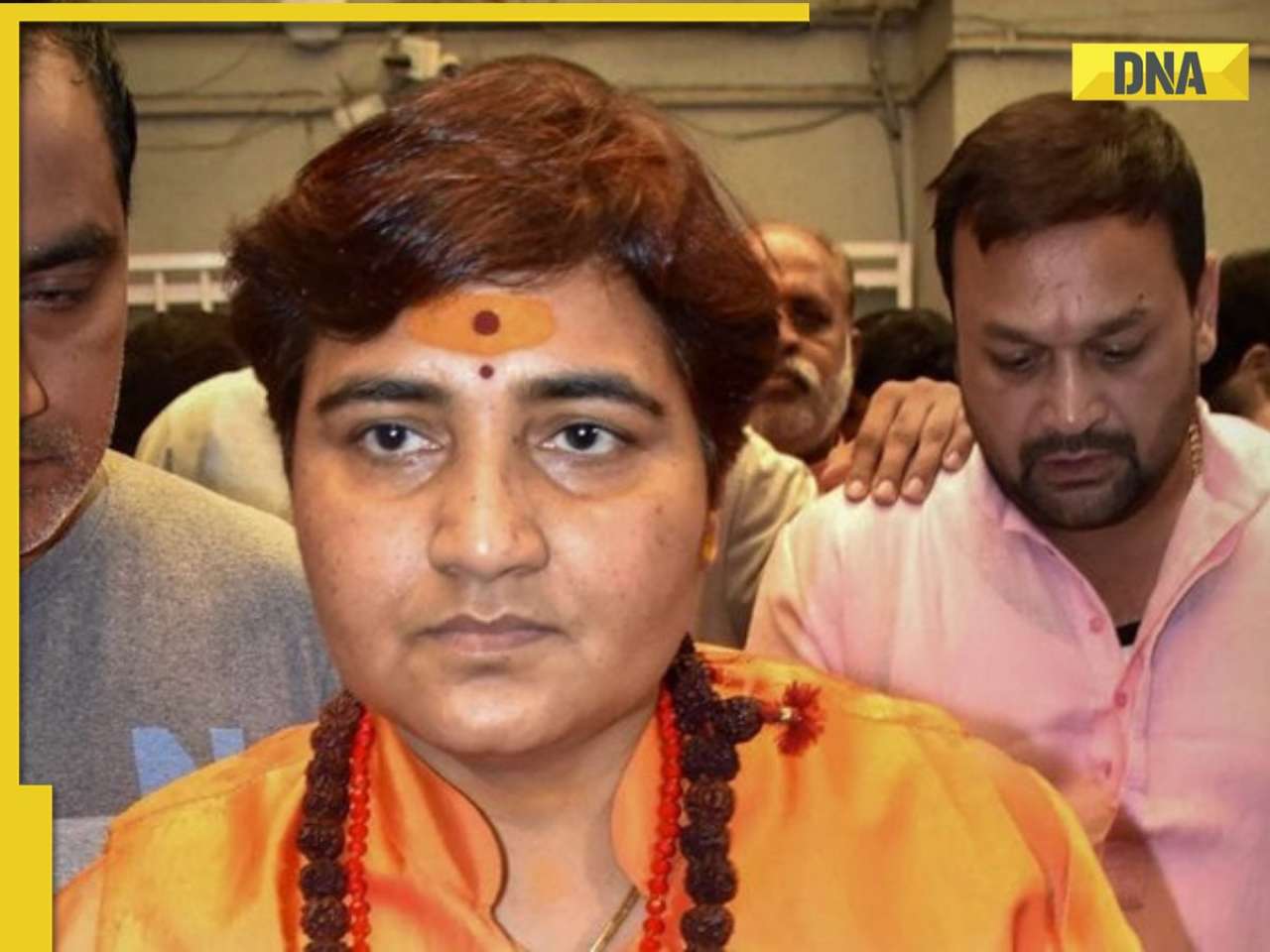 From Pragya Thakur and Lt Col Prasad Purohit: Who are the seven accused of Malegaon 2008 blast case?
From Pragya Thakur and Lt Col Prasad Purohit: Who are the seven accused of Malegaon 2008 blast case?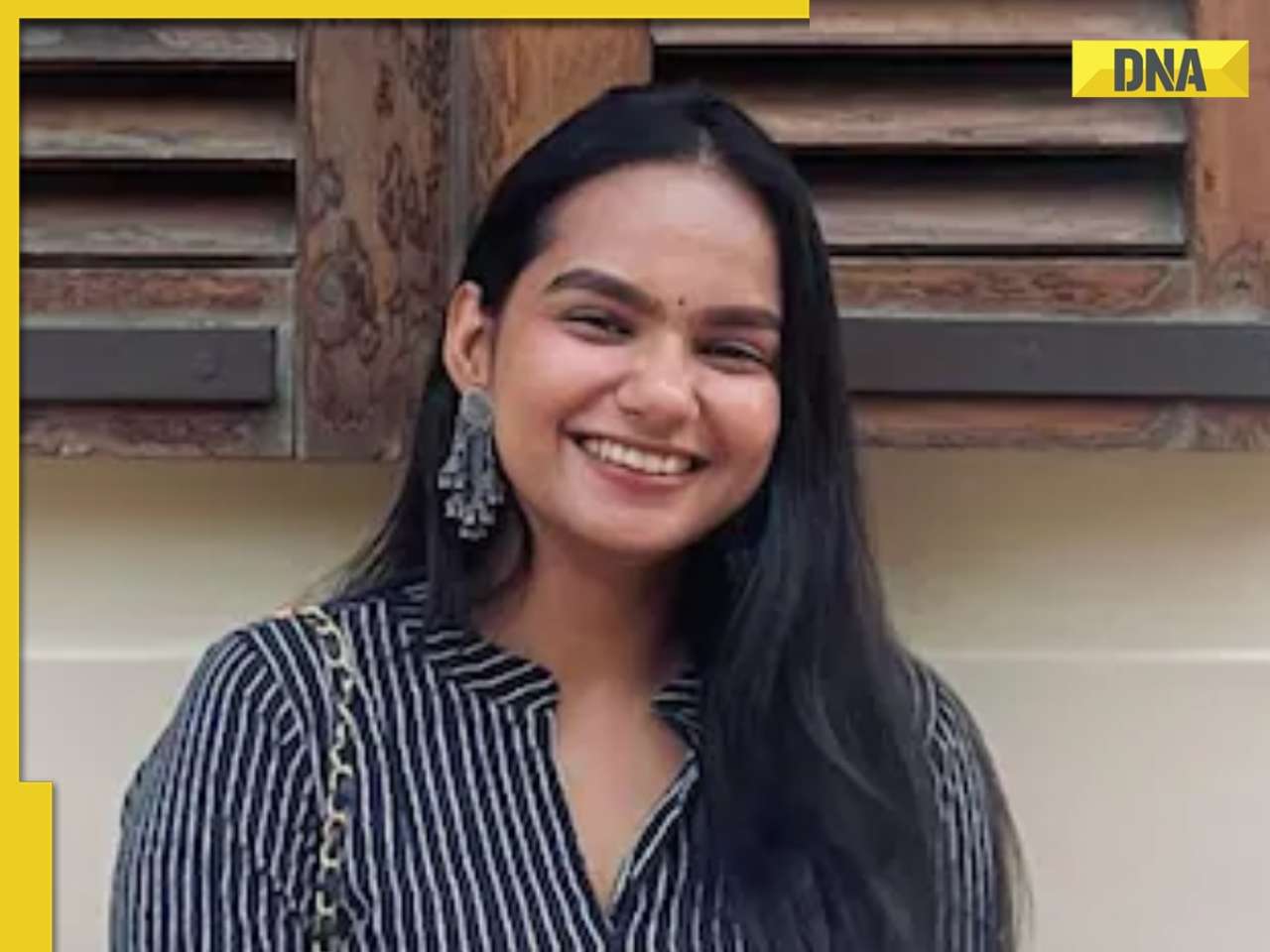 Meet woman, who studied 8 hours a day to fulfill IAS dream, cracked UPSC exam on 3rd attempt with AIR...; know about her preparation strategy and more
Meet woman, who studied 8 hours a day to fulfill IAS dream, cracked UPSC exam on 3rd attempt with AIR...; know about her preparation strategy and more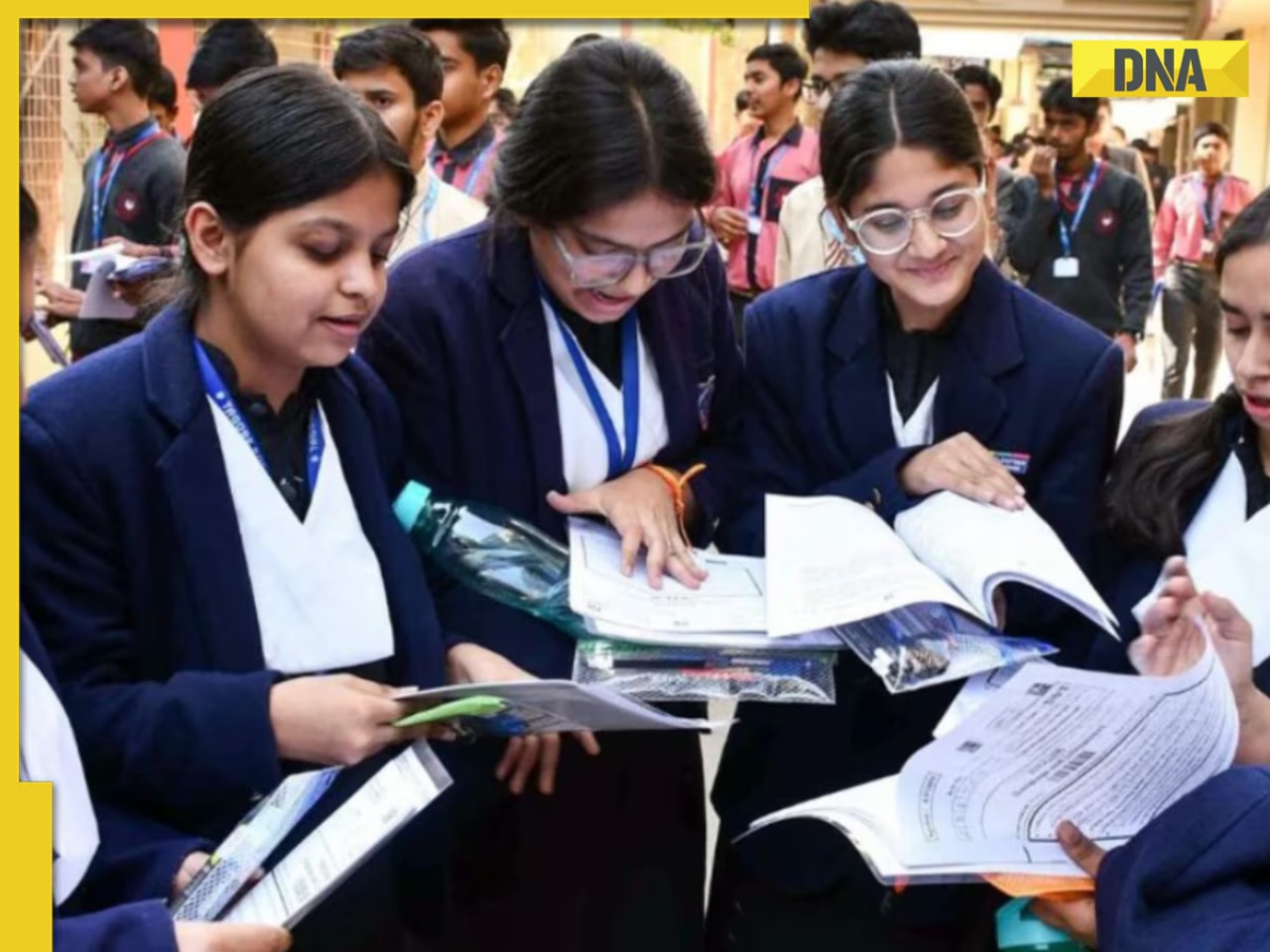 CBSE Class 10, 12 Compartment Exams result expected on...; here's how you can download it
CBSE Class 10, 12 Compartment Exams result expected on...; here's how you can download it Meet woman, a DU graduate, sister of a Chartered Accountant, who cleared UPSC exam on her third attempt with AIR..., she is...
Meet woman, a DU graduate, sister of a Chartered Accountant, who cleared UPSC exam on her third attempt with AIR..., she is...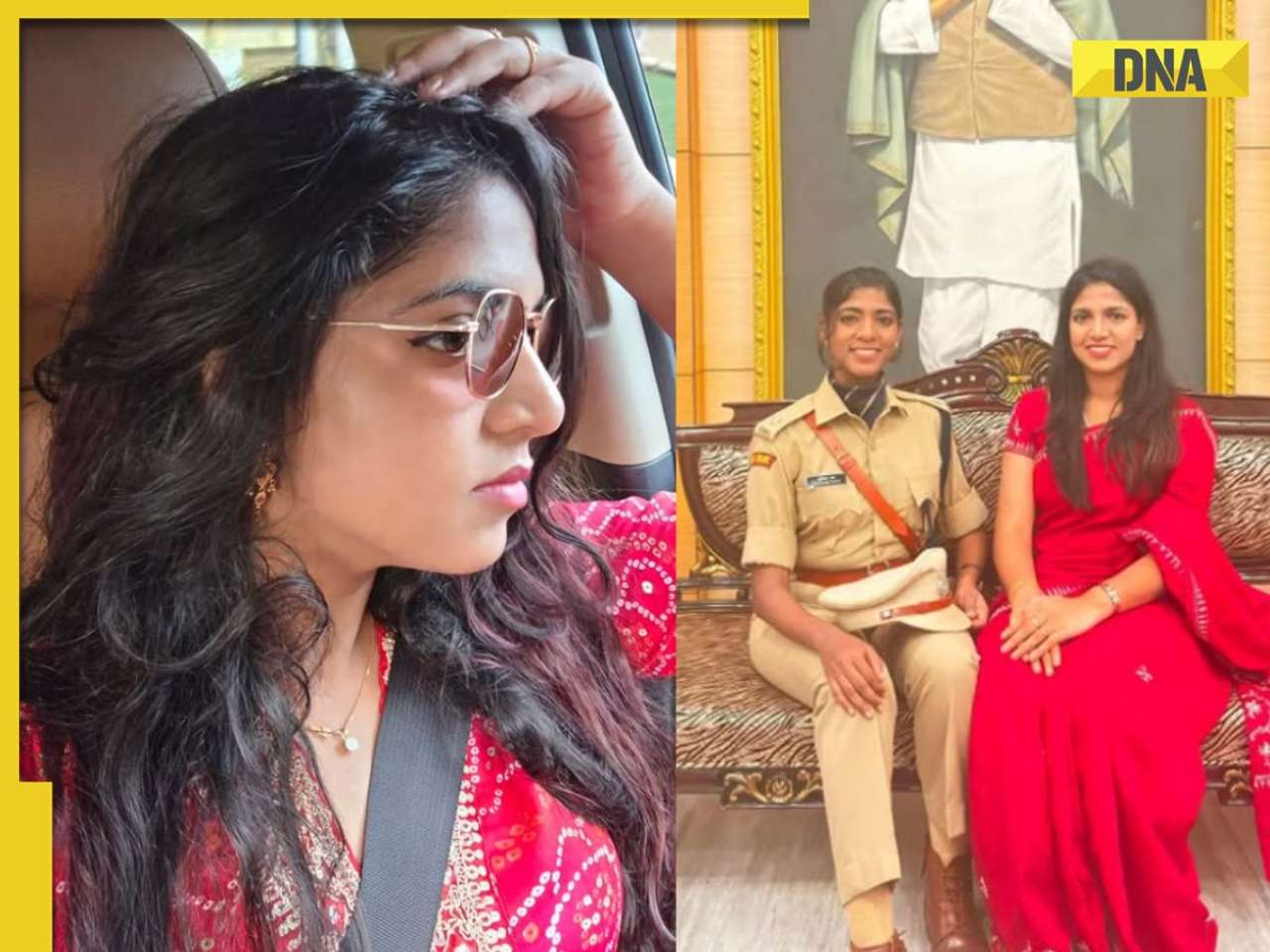 Meet woman, who lost her home in 2004 tsunami, cracked UPSC exam twice, is sister of IPS officer, currently posted as...
Meet woman, who lost her home in 2004 tsunami, cracked UPSC exam twice, is sister of IPS officer, currently posted as...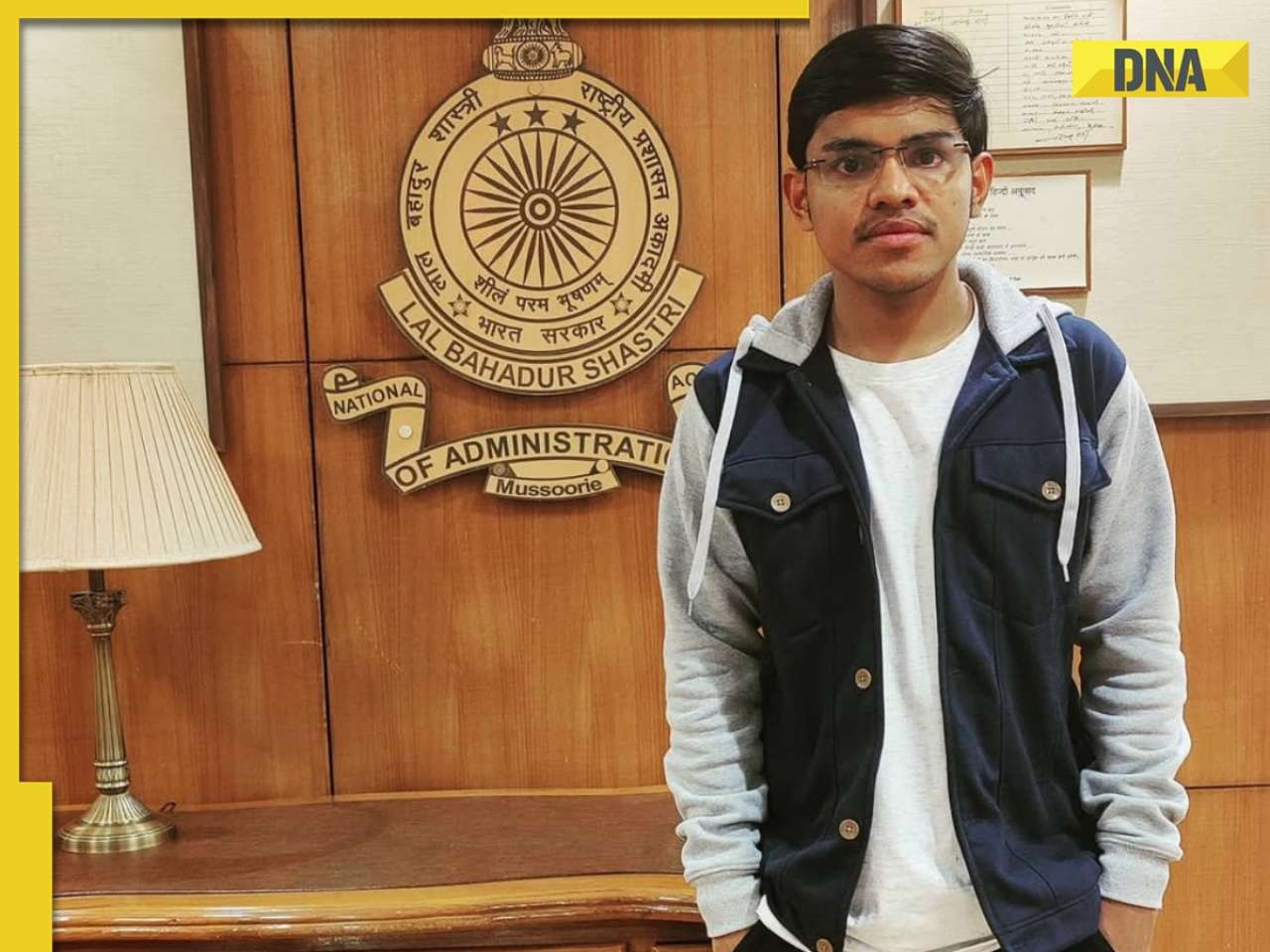 Meet man, whose father sold his house to fund his son's education, later cracked UPSC exam at the age of 23 in first attempt, his rank was..., he is from...
Meet man, whose father sold his house to fund his son's education, later cracked UPSC exam at the age of 23 in first attempt, his rank was..., he is from... Maruti Suzuki's e Vitara set to debut electric market at Rs..., with range of over 500 km, to launch on...
Maruti Suzuki's e Vitara set to debut electric market at Rs..., with range of over 500 km, to launch on...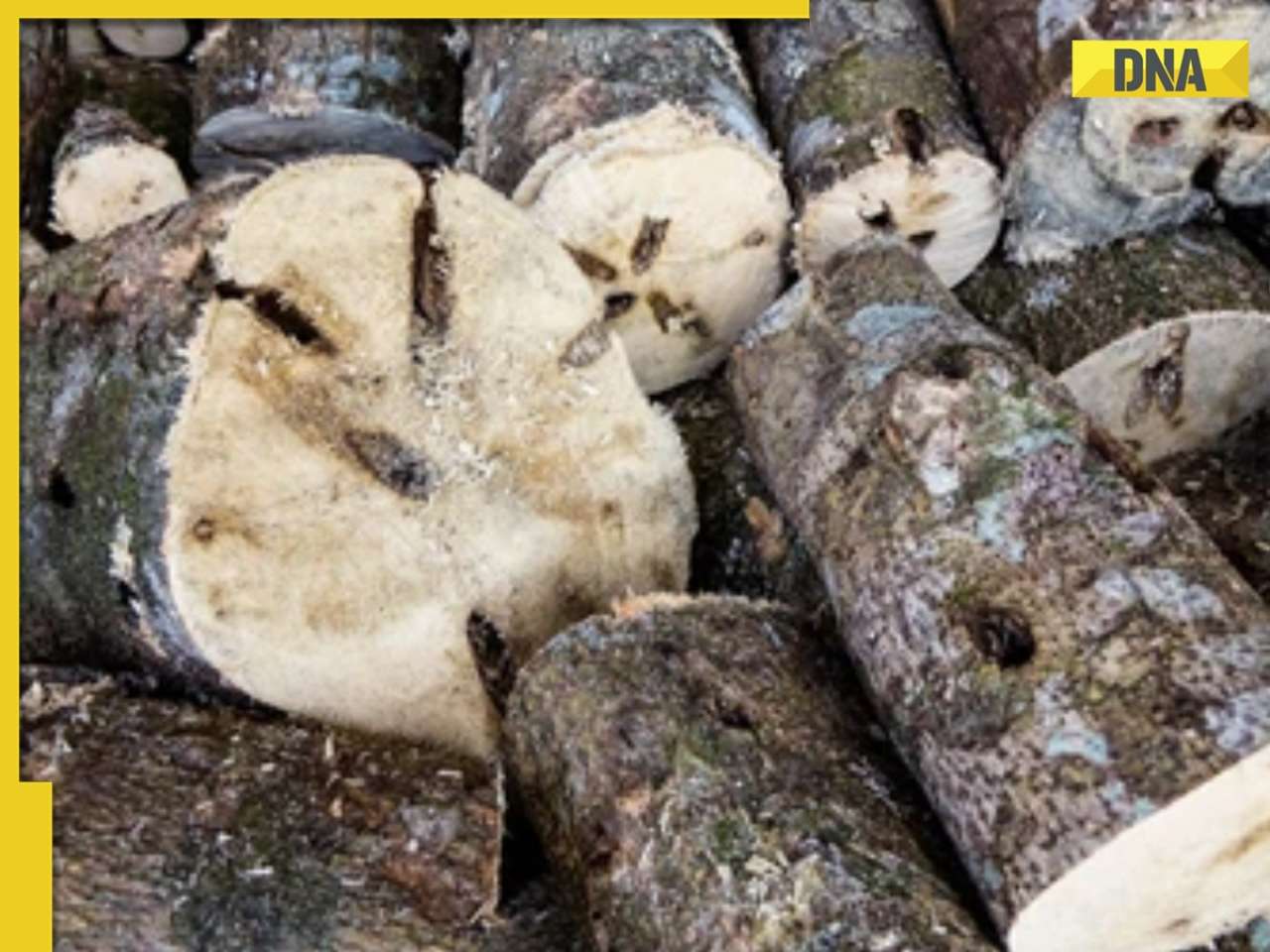 This is world’s most expensive wood, cost of 1kg wood is more than gold, its name is..., is found in...
This is world’s most expensive wood, cost of 1kg wood is more than gold, its name is..., is found in... This luxury car is first choice of Indians, even left BMW, Jaguar, Audi behind in sales, it is...
This luxury car is first choice of Indians, even left BMW, Jaguar, Audi behind in sales, it is... Kia India unveils Carens Clavis: Check features, design changes, price and more; bookings open on...
Kia India unveils Carens Clavis: Check features, design changes, price and more; bookings open on... Tesla CEO Elon Musk launches most affordable Cybertruck, but it costs Rs 830000 more than older version, it is worth Rs...
Tesla CEO Elon Musk launches most affordable Cybertruck, but it costs Rs 830000 more than older version, it is worth Rs...









)
)
)
)
)
)
)
)
)
)
)
)
)
)
)
)

